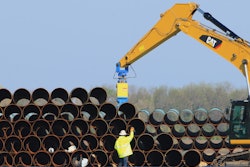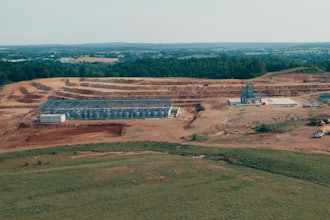
Officials from the Environmental Protection Agency recently released details about a new rule that takes aim at chemical plant safety.
The provision would require that chemical plants do more to prepare nearby communities for potential accidents. According to a report in The Hill, it sets standards for how companies should communicate risks and give local residents, first responders and governments needed information for dealing with explosions or spills.
To increase community education, companies will be required to consult with parties that could be affected by an accident, and let local officials decide if regular response drills would be warranted.
“One of the key issues is to make sure that there’s full knowledge between the facility operators and the local responding community to make sure that they understand who is responding and who has the responsibility to respond,” Mathy Stanislaus, head of the EPA’s office for land and emergency management, told reporters.
Stanislaus pointed out that the bulk of chemical plants operate safely, but there were still more than 1,500 chemical accident reported over the last 10 years.
The rule will be a part of the EPA’s Risk Management Program.
It also includes provisions for the investigation of accidents and near-misses. And the rule encourages the riskiest plants to study technology changes that could make the facility safer.
Some on Capitol Hill have criticized the EPA for not passing even stricter rules, saying that the regulations only suggest changes for chemical companies while stopping short of requiring action.
The new rules could face scrutiny by the incoming Trump administration and could even be tossed out by Congress. Yet, The Hill points out that these EPA regulations are not as likely to face the same kind of opposition as other high-profile regulations that could be examined first.






















